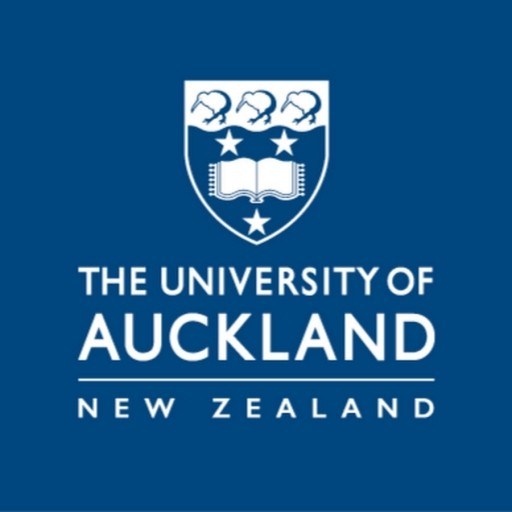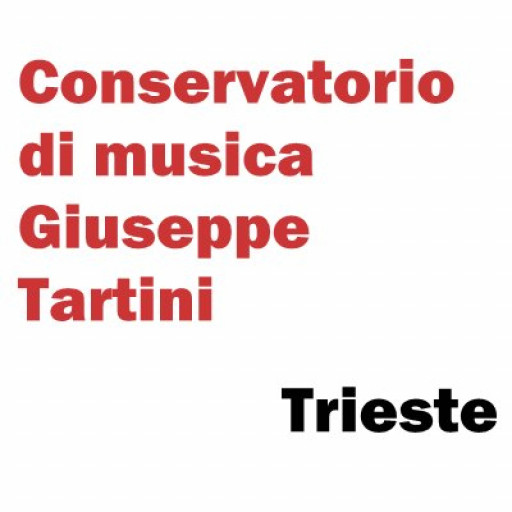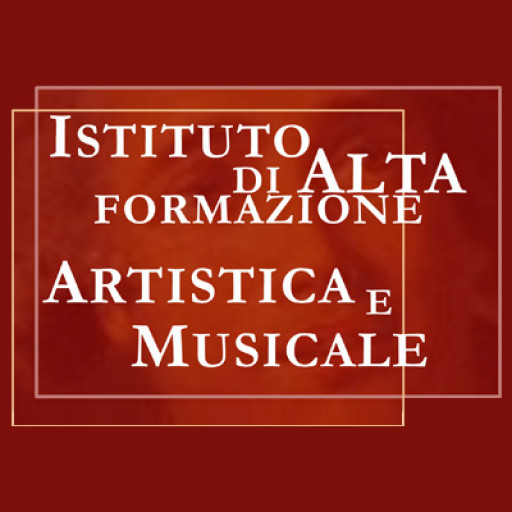Photos of university / #Princeton
The Program in Music Composition at Princeton University offers students a comprehensive and rigorous education in the art of creating original musical works across a diverse range of styles and genres. Designed for students passionate about developing their skills as composers, the program combines intensive individual mentorship with collaborative projects, fostering a deep understanding of both traditional and contemporary approaches to music composition. Students engage with a broad spectrum of musical traditions, exploring everything from classical and jazz to electronic and experimental music, encouraging innovative and interdisciplinary work. The curriculum emphasizes technical proficiency, theoretical knowledge, and creative experimentation, empowering students to craft compelling musical narratives and innovative sonic expressions. Throughout their studies, composition students have access to state-of-the-art facilities, including dedicated rehearsal and recording spaces, electronic music studios, and score preparation labs, ensuring they have the necessary tools to realize their creative visions. The program benefits from the expertise of renowned faculty members who are active composers and artists, providing personalized mentorship and critical feedback. In addition to coursework, students are encouraged to participate in masterclasses, workshops, and concerts, where they can present their work, collaborate with performers, and gain valuable performance experience. The program also emphasizes interdisciplinary engagement, encouraging students to explore connections between music and other fields such as technology, theater, dance, and visual arts. Graduates of the Music Composition program are well-prepared for careers as composers, sound artists, music educators, and researchers, as well as for further study in graduate programs in composition, music technology, and related disciplines. With a vibrant community of artists and scholars, Princeton's program fosters creative growth and intellectual development, preparing students to contribute meaningfully to the evolving landscape of contemporary music.
Courses:
There are no specific core curriculum requirements, but all students are expected to take a variety of seminars during the first two years. These courses have three principal aims: (1) to develop and sharpen the skills each student needs to realize his or her compositional intentions; (2) to expand each student's conception of what is musically possible; and (3) to develop a sense of the context in which the student's own work exists by studying and writing about other music.
Students are not required to attend weekly composition lessons with a specific teacher; instead they are encouraged to meet with a range of faculty members as they feel appropriate. In addition to these consultations, there are a variety of ungraded seminars, two or three of which are given each term, chosen by students and faculty on the basis of current interests and needs. By the end of the first year of study, the student is expected to complete at least one composition and a short paper that engage musical concerns central to the student's development. In response, the faculty discusses goals and strategies for the second year and establishes specific areas of emphasis for the general examination. In both years, compositions are normally written with currently available instrumental and electronic resources in view. Students are expected to help prepare performances of at least some of their work.
Language(s):
Each student is asked to demonstrate, before taking the general examination, a working knowledge of some ancillary discipline relevant to his or her concerns as a composer: a relevant foreign language, or a relevant computer language or some other discipline that the case may suggest. The language requirement is normally satisfied by examinations administered by appropriate campus departments as part of intensive reading courses. The language requirement must be passed before a student can be admitted to the general examination. Students are urged to satisfy the language requirement during the first year of graduate study. It is the student’s responsibility to confer with the DGS about the status of their language exams.
Pre-Generals Requirements(s):
Students are required to live in Princeton for the first two years of the program.
General Exam:
The general examination, normally taken at the end of the second year, is designed to establish the candidate’s readiness to undertake the Ph.D. dissertation. As part of the process, second-year students jointly produce a concern in which they respond to the music of an established composer, arranging a performance of their "response pieces" as well as they music they are responding to. The examination itself has four parts, two of which are analytical. These typically focus on one old and one new repertoire (e.g., Beethoven symphonies or Brahms piano music for the old repertoire; and the music of Miles Davis or Saariaho for the new). In the third part of the exam, students are asked to design a syllabus for a graduate seminar, perhaps on a particular topic (e.g., "Music and Politics"). The last quarter of the exam concerns the student's academic and compositional work.
Qualifying for the M.A.:
The Master of Arts (M.A.) degree is normally an incidental degree on the way to full Ph.D. candidacy and is earned after a student successfully completes the general examination. It may also be awarded to students who, for various reasons, leave the Ph.D. program, provided that the following requirements have been met: all courses taken in the first two years have been successfully completed (with no incompletes), the first-year paper and compositions have been successfully completed, the language requirement has been met, and at least half of the general examination has been passed.
Teaching:
Students normally teach during some but not all of their first eight semesters; fifth-year students can only receive funding from the department if they are also teaching.
Dissertation and FPO:
After the successful completion of the general examination, the student begins the process of consultation with faculty members that leads to the candidate’s formulation of a Ph.D. dissertation proposal and selection of an appropriate faculty adviser. This proposal, completed during the third year of study, should describe in detail the goals and strategies of a twofold dissertation project, involving both a substantial composition and a substantial piece of prose. During the two post-generals years of study, Ph.D. candidates remain eligible to enroll in graduate courses. The dissertation, followed by a final public oral defense, completes the requirements for the Ph.D.
- Application Fee: $90
- Statement of Academic Purpose
- Resume/Curriculum Vitae
- Recommendation Letters
- Transcripts
- Fall Semester Grades
- Prerequisite Tests
- English Language Tests
- GRE : General test
Additional Departmental Requirements:
Scores and recordings can be accepted in the following formats:
- Preferred Method - Create a simple website for your Princeton portfolio and enter the URL in the space provided within the application. If you choose to link to your public website, please give us directions about which pieces we should listen to and in what order, keeping in mind that our time is limited. Aim for about three pieces.
- Upload Method - Upload your scores and recordings in the space(s) provided within the application. Please refer to the File Upload Requirements for more information. A maximum of six files will be accepted with each file 10MB or less.
Samples of written work (analyses, term papers, etc.) are also encouraged.
For Ph.D. candidates, tuition and fees during a student’s regular period of enrollment are provided in full from a student’s graduate student financial support, in the form of tuition support from fellowships, assistantships, or external sources.
The annual stipend amount provided to Ph.D. candidates during their regular enrollment is intended to support a single graduate student based on estimated costs. Master’s students or students with spouses and/or dependents may require additional resources to support their living expenses
The Princeton University Program in Music Composition offers students an opportunity to develop their skills and talents in creating original music across a variety of styles and genres. The program emphasizes a rigorous approach to compositional craft, encouraging students to explore innovative techniques and to engage deeply with both contemporary and historical musical works. Students work closely with distinguished faculty members who are themselves accomplished composers, providing personalized mentorship and constructive feedback throughout the course of their studies. The curriculum typically includes courses in music theory, harmony, counterpoint, and orchestration, alongside specialized seminars focused on contemporary composition practices, electronic music, and sound design. Students are also encouraged to participate in or organize performances of their compositions, gaining valuable experience in musical presentation and collaboration with performers and ensembles. The program fosters an interdisciplinary environment, allowing students to incorporate ideas from other fields such as technology, media, and art, thus broadening their creative horizons. Access to state-of-the-art facilities, including electronic music studios and recording equipment, supports experimentation with digital and mixed media. The university's vibrant music community offers numerous performance opportunities, guest lectures, and workshops, providing students with exposure to the broader musical landscape. Graduates of the program often go on to careers as composers for film, theater, and media, as well as teachers, performers, and music entrepreneurs. Princeton's rich academic environment and resources are designed to prepare students for professional achievement in the rapidly evolving field of music composition, fostering both individual artistry and original contribution to the musical arts.









